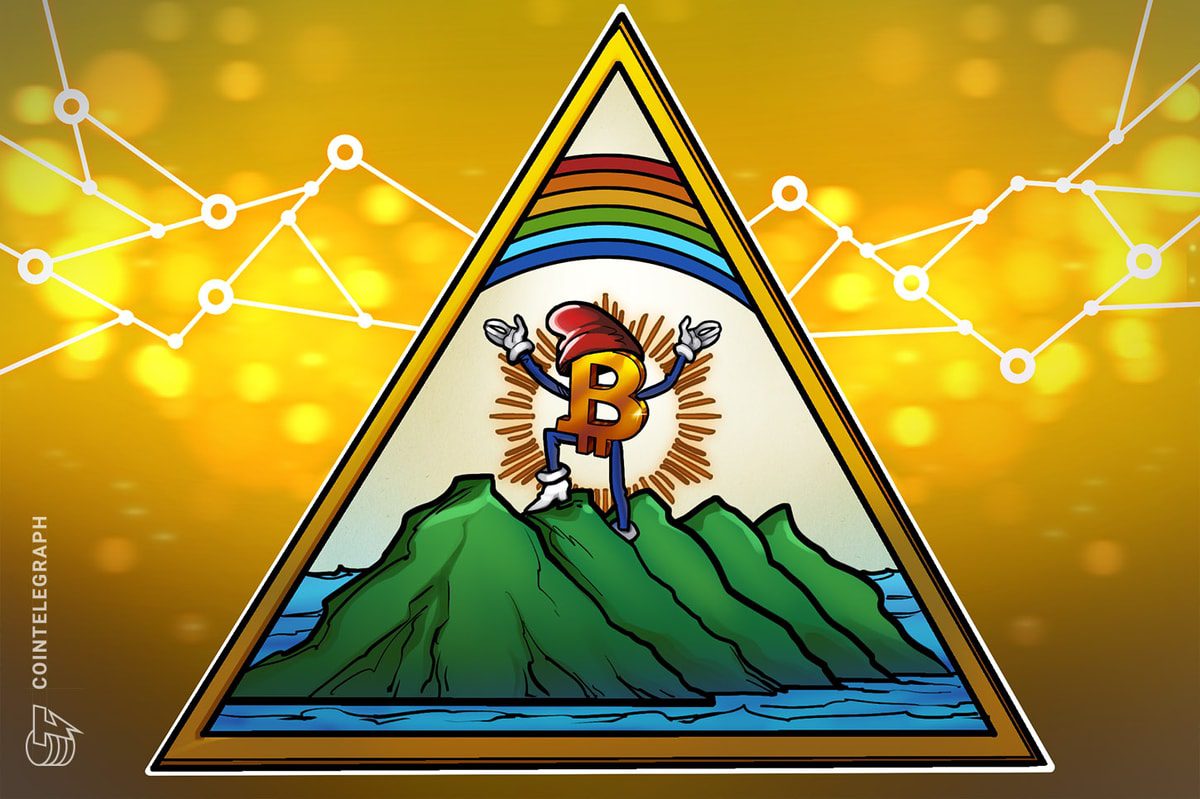El Salvador’s controversial $117.5 million Bitcoin investment briefly swung into profitability this past week for the first time in two years.
This was a milestone of sorts because, until then, not much had gone right crypto-wise for the impoverished Central American nation.
El Salvador still hasn’t come close to making Bitcoin (BTC) a medium of exchange as was anticipated when it made Bitcoin legal tender in September 2021, the world’s first nation to take such a step.
Moreover, it endured scathing criticism from many quarters, including the International Monetary Fund (IMF) as crypto prices worldwide plunged. In January 2022, the fund urged El Salvador to end its recognition of Bitcoin as legal tender.
But President Nayib Bukele simply dug in deeper during the crypto winter, making repeated BTC purchases throughout 2022. He followed a disciplined — or foolhardy, according to critics — dollar-cost-averaging strategy.
In early December, Bukele took a leave of absence to prepare for his 2024 election campaign, but he hopped on X last week for a victory lap of sorts and to take a jab at his “naysayers”:
El Salvador’s #Bitcoin investments are in the black!
After literally thousands of articles and hit pieces that ridiculed our supposed losses, all of which were calculated based on #Bitcoin’s market price at the time…
With the current #Bitcoin market price, if we were to sell… pic.twitter.com/gvl2GfQMfb
— Nayib Bukele (@nayibbukele) December 4, 2023
It was a diverting sideshow, but it raised some real questions: Is the former president justified in declaring vindication given that El Salvador’s BTC investment was only marginally profitable? (On Dec. 11, it slipped into the red again.)
Meanwhile, Bitcoin still hasn’t been widely adopted by the Salvadoran public to pay for goods and services, nor is it used by Salvadorans working overseas to send money home through remittances.
Recent: How the crypto bull run can impact Web3 gaming beyond play-to-earn
Finally, given that El Salvador remains a small, indebted, poor country, was it really responsible for its leaders to gamble taxpayer money on high-risk Bitcoin purchases?
“A bold and unprecedented move”
Bukele has his defenders. El Salvador was in desperate economic straits back in 2021, and nothing seemed to be working.
“El Salvador took a bold and unprecedented move in adopting Bitcoin as legal tender, which was roundly criticized by the IMF, among others,” Nigel Green, CEO of the…
Click Here to Read the Full Original Article at Cointelegraph.com News…
























